Climate change is the ‘single greatest threat to the livelihoods, security and wellbeing of the peoples of the Pacific’, according to the Pacific Islands Forum Secretariat (PIFS). But the region is showing leadership and there are opportunities for Papua New Guinea to gain access to climate finance.
Read More
US$200 million in finance for private sector climate change projects
10 Aug 2016 by 4 Comments



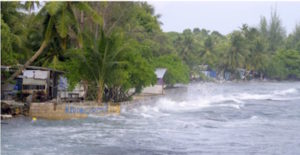
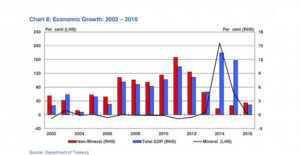

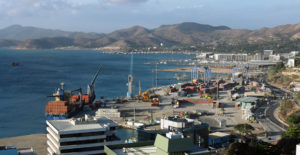
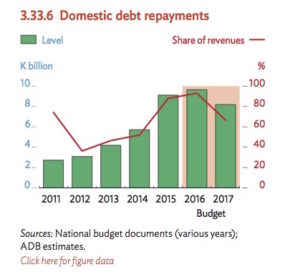
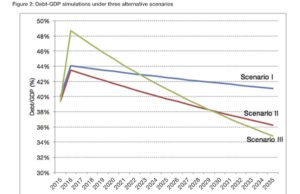
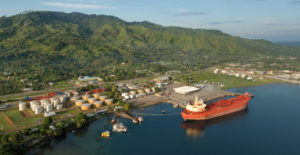
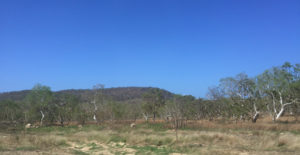
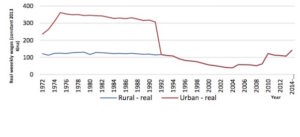
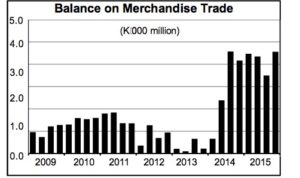





Recent readers’ comments